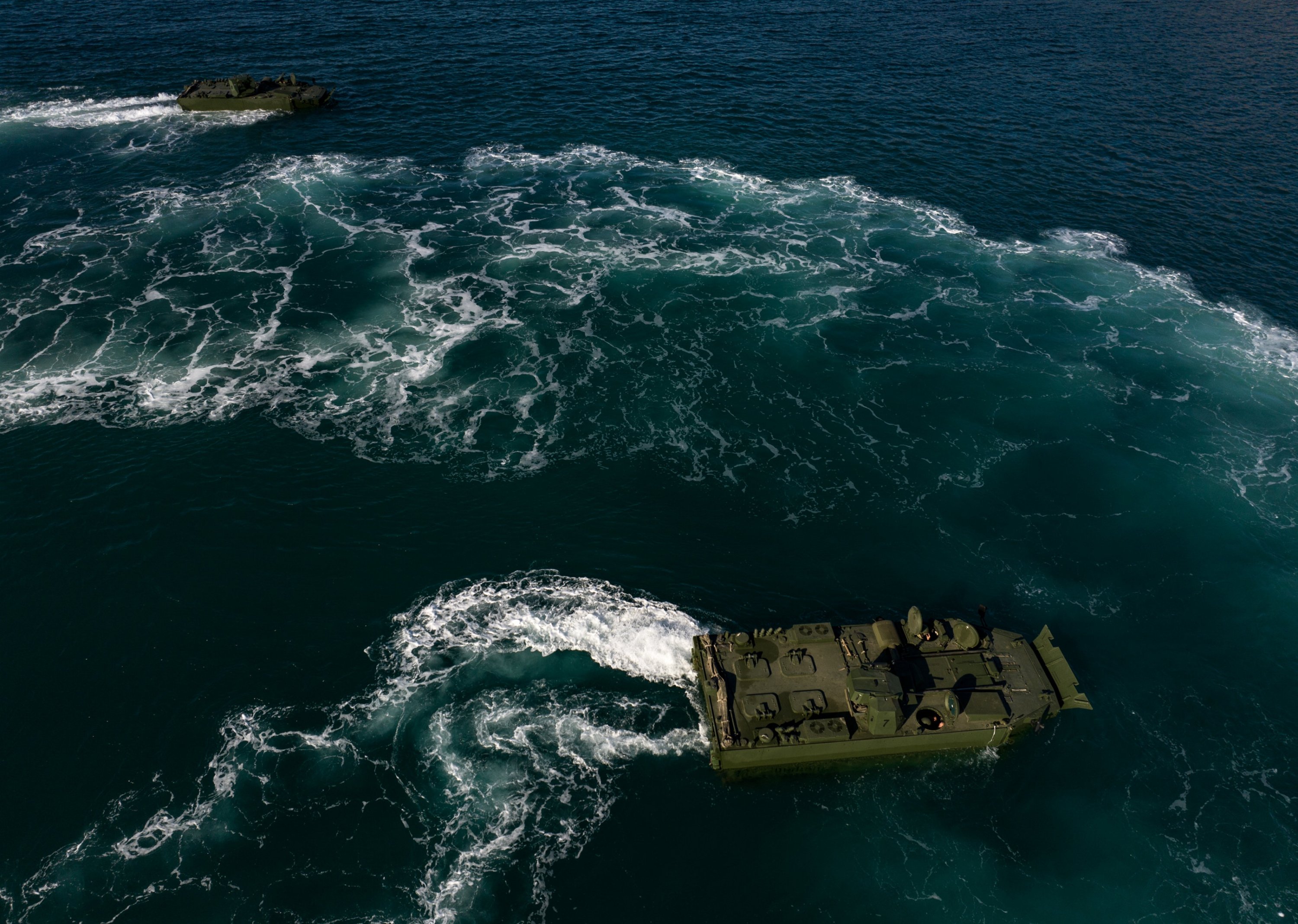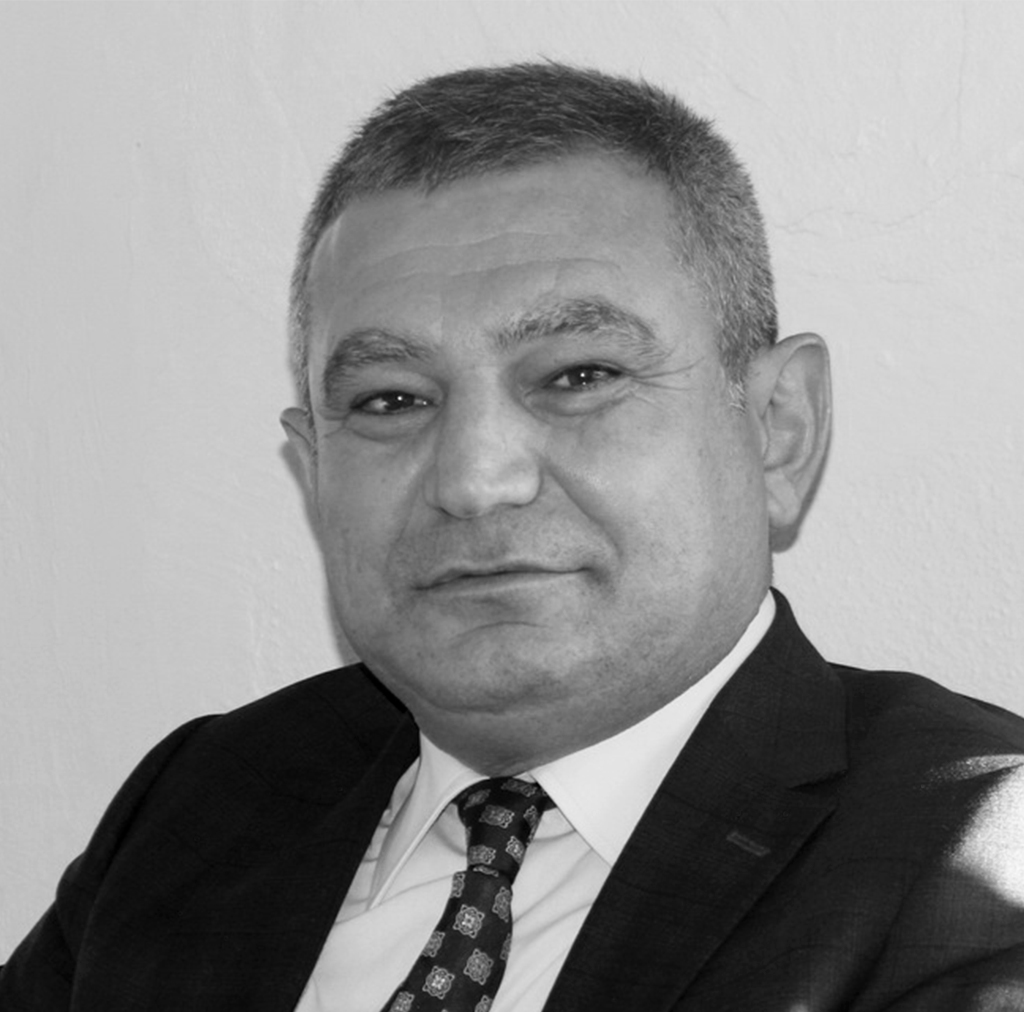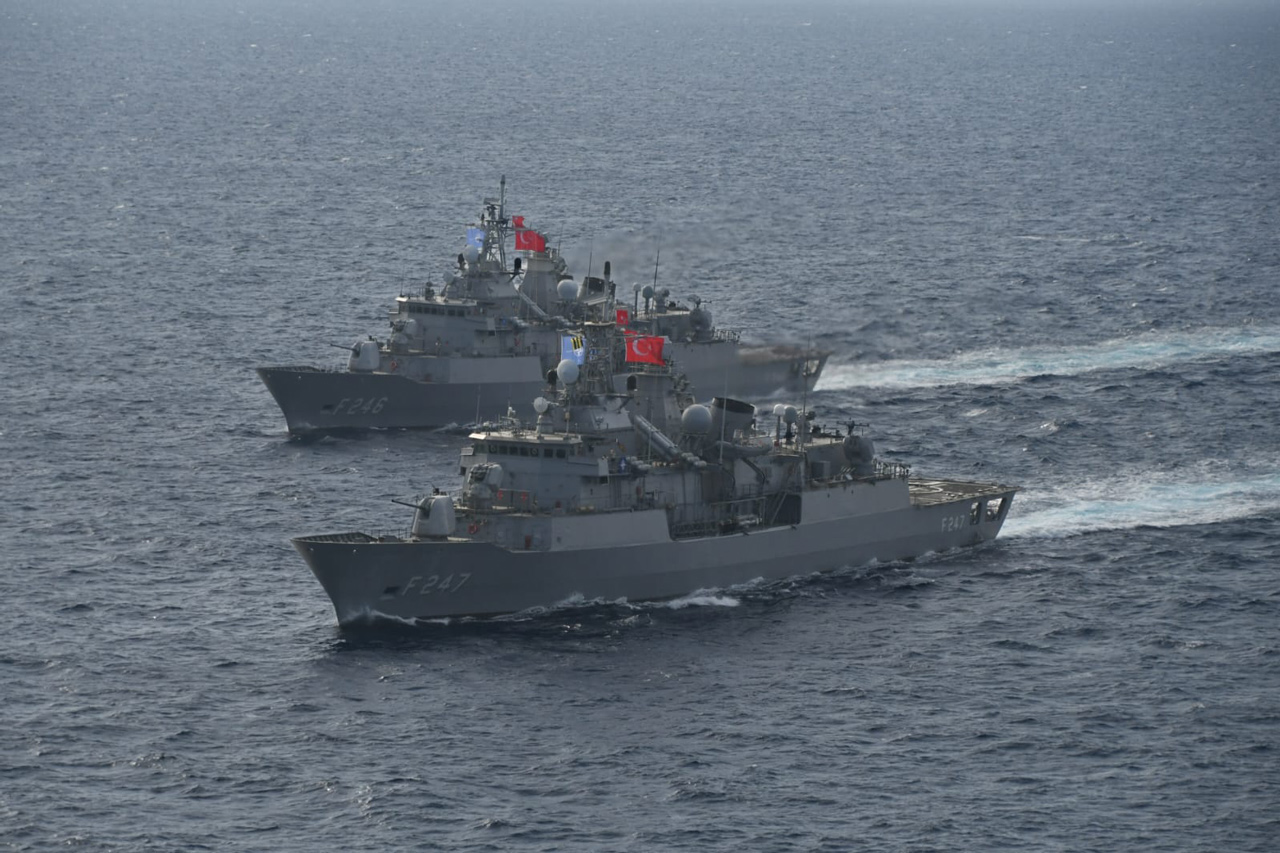Relations between Türkiye and Greece have been overshadowed by unsolved bilateral problems, especially the Aegean Sea tension and the Cyprus issue, since the 1950s. In addition, disputes in the Eastern Mediterranean have been added more recently, making it even more difficult to keep relations between the two countries free of tensions and crises.
During the same period, negotiation processes were also carried out to resolve the pending disputes and establish friendly relations. The longest was the negotiation process known as the “Exploratory Talks,” which started in 2002 and continued until early 2022, with 64 rounds. This process, which was suspended in 2016, was resumed in 2021 but was interrupted again in early 2022 after three rounds of talks. Following the devastating earthquakes that occurred in southern Türkiye on Feb. 6, 2023, a significant ease began in relations.
However, some statements and even actions, especially from Greece, do not comply with the spirit of the positive atmosphere created between the two countries. In the process, some statements made by former Greek Foreign Minister and current Greek Defense Minister Nikos Dendias, especially on the Aegean Islands, create potential tensions. Dendias frequently visits the non-military Eastern Aegean islands, makes press statements at military facilities and makes statements that portray Türkiye's objections to the militarization of the islands as unfounded.
Dendias argues that it is not an appropriate approach for Türkiye to bring up such a sensitive issue in such a process. Indeed, Dendias, in a statement he made before becoming defense minister, claimed that Türkiye had no say in the issue of Greece militarizing the eastern Aegean islands, thus demonstrating that this serious issue was being ignored in the negotiation processes.
Dendias recently visited Meis Island, which has a non-military status and is just 2 kilometers (1.2 miles) off the coast of Kaş, Türkiye in the Mediterranean and made a press statement with soldiers, saying: “Meis is a key point for the Exclusive Economic Zone and continental shelf of our motherland ... Article 121(2) of the United Nations Convention on the Law of the Sea stipulates that the islands have the right to a territorial sea, an exclusive economic zone and a continental shelf. And there is no distinction made regarding the size of the islands.”
Another initiative by Greece that bothered Türkiye during this period was the attempt to declare marine parks in the Aegean Sea. According to news in the Greek press, the Greek Ministry of Foreign Affairs planned to declare two marine protected areas, the first of which would cover the area west of Milos and the second from the north of Kefalonia and ending at Kythera and Antikythera. According to the statement by Greek Environment Minister Theodoros Skylakakis, two new national parks, one in the Ionian Sea for marine mammals and turtles and the other in the Aegean Sea for seabirds, which he said were among Greece's commitments, will be established in early 2025, which will be among the largest in the Mediterranean.

It can be said that Dendias' latest statements have further increased the risk of creating tension. It seems that Greece, perceiving the recent developments in the defense industry in Türkiye as a threat, has entered into an effort for a "comprehensive military reform" at this point. It was emphasized that the Greek army needs a more technology-focused force, and it was stated that within the scope of the “radical reform” recently initiated by Defense Minister Nikos Dendias, some military units have been merged and an effective air defense system is being established within this framework. It is emphasized that work is being carried out to integrate air defense systems with anti-drone technology.
It has been described as part of Athens’ 10-year military procurement plan, which includes the purchase of approximately 40 new F-35 fighter jets and uncrewed aerial vehicles from the U.S., as well as four Belharra frigates and Rafale jets from France.
Another noteworthy point is the announcement that Greece is preparing for a missile acquisition agreement with Israel. It is stated that this is planned “as a precaution against the growing Turkish military threat” and will be finalized by the summer months. As part of this new defense strategy, Greece has announced that it plans to deploy Israeli NLOS missile batteries with a range of up to 32 kilometers to several Greek islands in the Aegean Sea. It is also stated that the process will include Israeli Puls missile launchers with a range of up to 300 kilometers.
Today, Greece spends more than 3% of its national income on armaments. According to NATO reports, the share of Greece's defense expenditures in national income, which was 2.45% in 2019, has increased to over 3% by 2022. With this rate, Greece ranked third among NATO countries after Poland and the U.S. as of 2023.
More importantly, Greece is making its military expenditures in clear violation of international law. Greece's continued arming of the Eastern Aegean islands will not only disrupt the current favorable environment but may also lead to understandably harsher reactions from Türkiye. In 2022, Türkiye stated in two separate letters it sent to the U.N. that it could suspend the provisions of the Treaty of Lausanne establishing Greek sovereignty over some Eastern Aegean islands in the face of Greece’s continued arming.
Greece's activities to strengthen its army are an understandable effort within its own national authority. However, like all states, Greece must carry out these activities by respecting international law and Türkiye’s rights recognized by international law. In this way, it is important that the recently initiated cooperation environment between the two countries, which aims to resolve bilateral issues that have not been resolved for years, is not damaged and even strengthened. In this way, the High-Level Cooperation Council meeting will be held in Türkiye in early 2025, and the initiation of a new process for resolving disputes will not be blocked.








